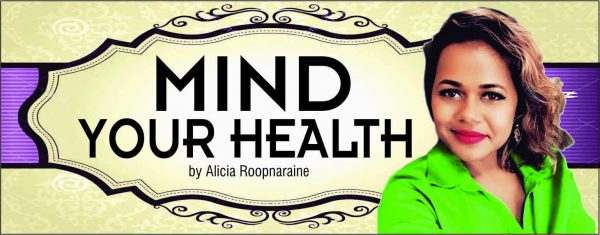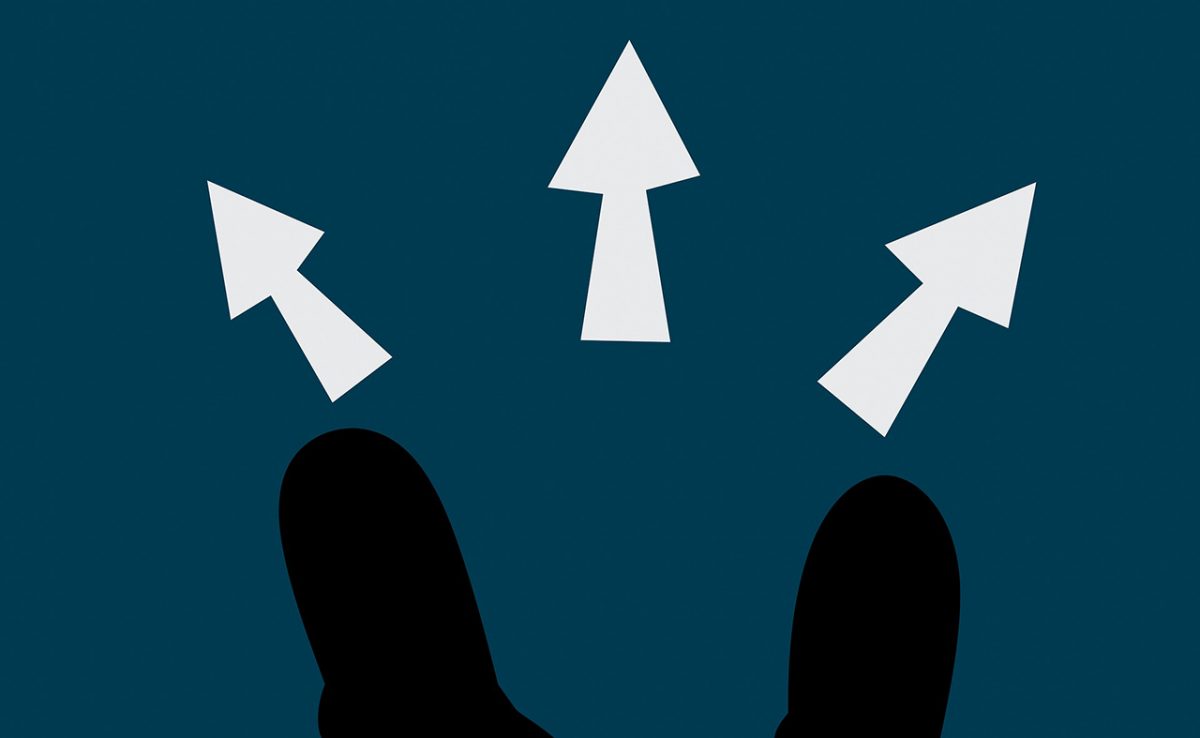 When making a decision, we choose actions via mental processes which are influenced by biases, reason, emotions, and memories. The simple act of deciding supports the notion that we have free will. We weigh the benefits and costs of our choice, and then we cope with the consequences. Factors that limit the ability to make good decisions include missing or incomplete information, urgent deadlines, and limited physical or emotional resources.
When making a decision, we choose actions via mental processes which are influenced by biases, reason, emotions, and memories. The simple act of deciding supports the notion that we have free will. We weigh the benefits and costs of our choice, and then we cope with the consequences. Factors that limit the ability to make good decisions include missing or incomplete information, urgent deadlines, and limited physical or emotional resources.
What are the types of decision-making?
When people are put in a familiar situation, their decision-making is often quick and automatic, based on longtime experience with what works and what doesn’t. However, when encountering a situation they have never been in before, they have to take time to weigh the potential benefits and risks when choosing a course of action. They are more likely to make mistakes and face negative consequences.
What is informed decision-making?
The ability to think critically is key to making good decisions without succumbing to common errors or bias. This means not just going with your gut, but rather figuring out what knowledge you lack and obtaining it. When you look at all possible sources of information with an open mind, you can make an informed decision based on facts rather than on intuition.
How to Make Good Decisions
How do we choose between two or more options that seem equally appealing on the surface? Decision-making usually involves a mixture of intuition and rational thinking; critical factors, including personal biases and blind spots, are often unconscious, which makes decision-making hard to fully operationalize, or get a handle on.
However, there are steps to ensure that people make consistently excellent choices, including gathering as much information as possible, considering all the possible alternatives, as well as their attendant benefits and costs, and taking the time to sleep on weightier decisions.
How do you know if you’ve made a good decision?
In life, there is often no “right” decision. When surrounded by an abundance of options, it’s easy to experience decision paralysis or feel less satisfied with your decisions. You may even blame yourself when really you are going through “choice overload.” The key is to find ways to simplify your decision and not ruminate over the many roads not taken.
What skills are necessary when making decisions?
Decision-making can be stressful and follow through is essential. You may need to accept that panic, fear and lack of self-confidence are often part of the decision-making process. It’s crucial to get enough sleep, so you can think clearly. Try to keep your priorities straight. Carefully weigh the trade-offs, commit to a decision, and then follow through on it.
Avoiding Bad Decisions
The field of behavioral economics demonstrated that people are not always rational when it comes to decision making. Fortunately, most personal and professional choices have few or no long-term, negative consequences. However, sometimes a person has to make a decision that will have a profound impact on their future—from who they marry to where they live to how they manage their professional career. In these cases, it’s important to avoid the common pitfalls that can lead to poor decision-making. These can include doing too little or too much research, mistaking opinions for facts, decision fatigue, a failure to learn from past errors, and more.
How can I help someone who makes bad decisions?
Don’t try to make the decision you would make, or railroad them into simply acting quickly if they are vacillating about an important matter. Rather, help them cultivate qualities of mind that will serve beyond just this moment, and encourage them to think through their options by simply and respectfully asking questions.
Alicia Roopnaraine is a Psychologist. You can send questions or comments to her at aliciaroopnaraine@gmail.com

